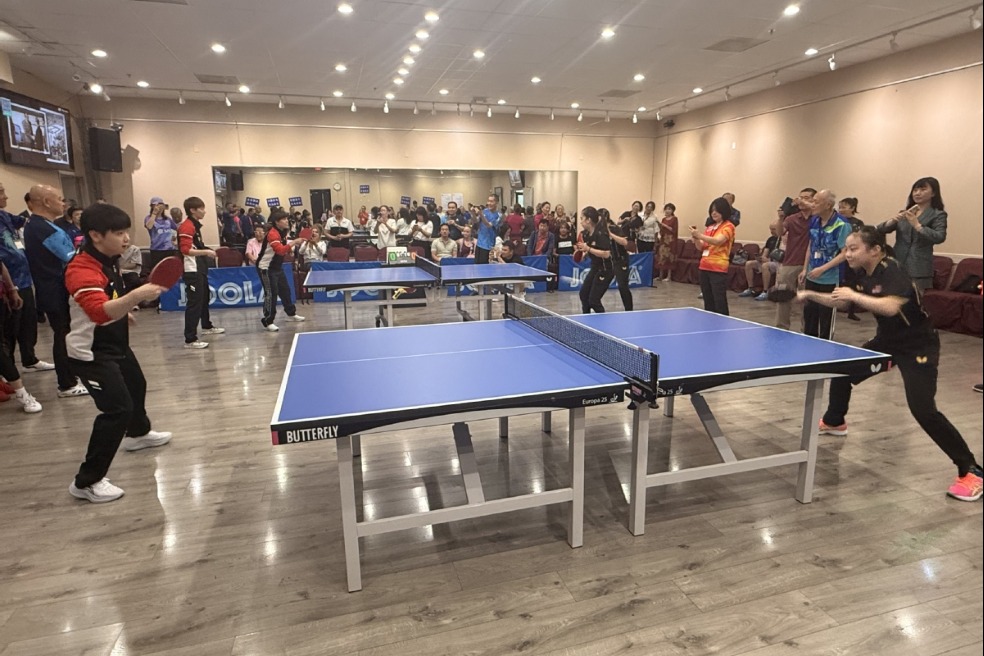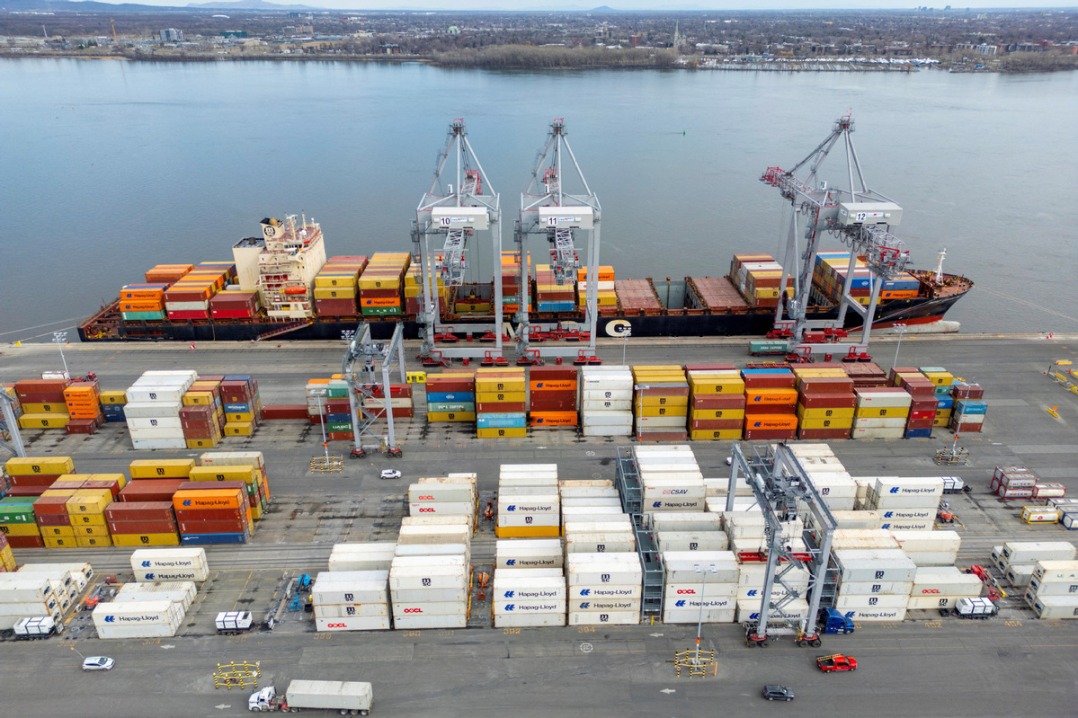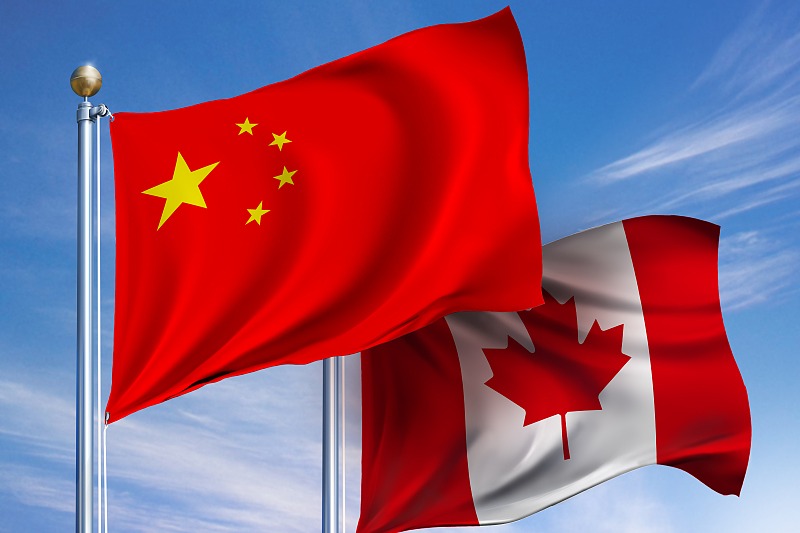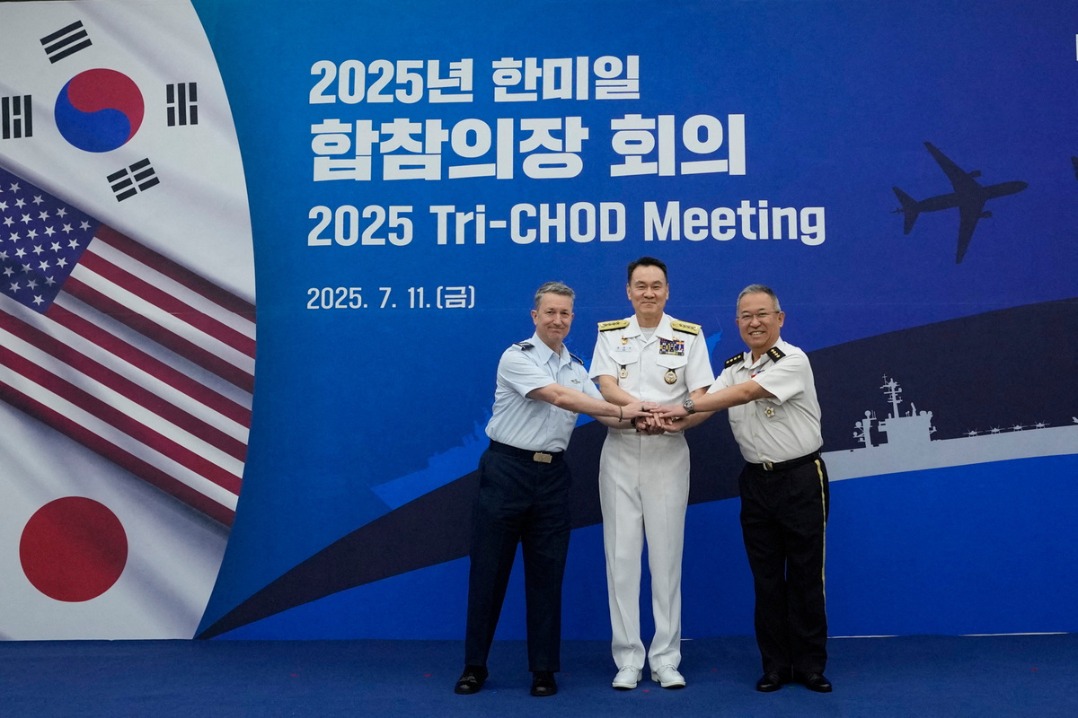Scholars eye huge untapped potential

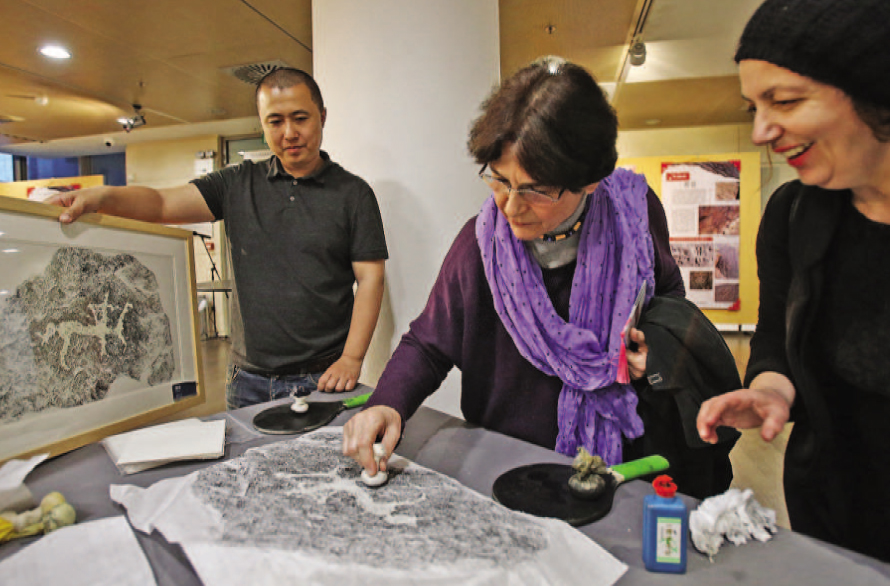
Overall planning and policy design are key for China and Greece to tap the potential of the Belt and Road Initiative, also known as the BRI, and to further bolster economic connectivity in Eurasia, scholars from the two countries said.
The Port of Piraeus and Greece's participation in the China-Central and Eastern Europe countries (CEEC) cooperation mechanism, or CCEE, are examples of successful regional teamwork that shores up the prospects of the BRI in Europe, the experts said at a roundtable panel discussion on overall China-Greece cooperation on Friday afternoon in Piraeus, Greece.
Thanos Dokos, former director-general of the Hellenic Foundation for European and Foreign Policy, in Athens, noted that China is an important major country and a permanent member of the United Nations Security Council, and that the China-proposed BRI has shown great ambition.
Cooperation between the two countries in the field of shipping is very important and will be even more so in the future, he said, adding that the countries should work to let more people know that their bilateral cooperation is mutually beneficial and win-win, not a "zero-sum game".
Chen Xingcan, director-general of the Institute of Archaeology, Chinese Academy of Social Sciences, Beijing, called for the strengthening of cultural and archaeological study exchanges between the two countries as he talked about the ancient Greek culture of Crete and China's Bronze Age culture in Erlitou of Luoyang, Henan province.
Stella Kostopoulou, associate professor in the Department of Economics of Aristotle University of Thessaloniki, noted that the growth in the number of outbound journeys made by Chinese tourists will expand further this year, and qualitative changes are taking place in aspects such as their destination choice, tour purposes, popular scenic spots and consumption hotspots.
Although the number of Chinese tourists to Greece has been growing in recent years, the overall scale is still very small compared to their travels made to Europe as a whole, and there are broad prospects for increasing visits to Greece in the future, she said.
Greece should improve its strategies, fully tap the potential of China's tourism market, and become the gateway for Chinese tourists to enter Europe, she added.
Liu Zuokui, a senior researcher on Central and Eastern European studies at the Chinese Academy of Social Sciences and secretary-general of the China-CEEC Think Tanks, used the saying "Rome was not built in a day" to show that it takes time to achieve time and yield outcomes.
China-Greece cooperation started from scratch, Liu said, and now it has harvested a series of projects, including the development of Piraeus port, and the two-way collaboration has laid a solid foundation.
Plamen Tonchev, head of the Asia Unit of Institute for International Economic Relations in Athens, noted that while the development of the Piraeus port was limited back in 2008, its total container throughput has now multiplied several times, which is a remarkable achievement.
The two sides should strive to turn the "question mark" on the prospects of port cooperation into an "exclamation mark" and make it a role model for China-European Union cooperation, he added.
ZHANG YUNBI in Piraeus, Greece
















